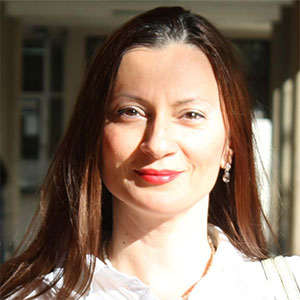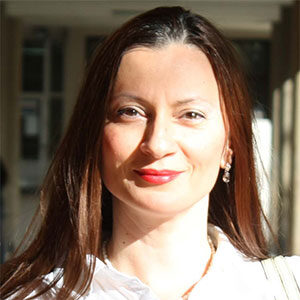Katarina Smiljanić1 and Ivana Prodić2
1University of Belgrade – Faculty of Chemistry, CoE for Molecular Food Sciences, Serbia
2Institute of Molecular Genetics and Genetic Engineering, University of Belgrade, Serbia
Food allergies have increased dramatically in the last decade, especially in developed countries. Food tolerance requires strict maintenance of a specific microbial portfolio in the gastrointestinal tract, as changes in the gut microbiome can lead to its disruption, which in turn causes inflammation and pathogenic gut conditions leading to the development of food allergies. Any environmental factors that lead to a disturbance and/or malfunction of the gastrointestinal tract and digestive performance favor the development of food allergies.
Based on that, what do we know about the role of increasing anthropogenic chemicals, including
emerging ones, resulting from the new global situation?
There is awareness that their effects are multifaceted, e.g., chemicals affect the growth of plants
and animals and thus the quality of the food produced. In addition, chemicals affect our food during its production and processing, but also affect our body and gastrointestinal tract. It is time to fill the knowledge gaps and understand how these interactions between environmental triggers such as industrial and traffic pollution, transition and heavy metals, pesticides, chemtrails, etc, affect food allergens and their allergenicity, adjuvant effects, and the increasing prevalence of food allergies.
Some improvements in this area are already being made through advances in ‘omics’ technologies (i.e., proteomics, genomics, metabolomics) and systems biology approaches that will hopefully provide a scientific understanding of the relationship between increasing food allergies and the increasingly present wide variety of anthropogenic chemicals in our environment.
Funding: This research was funded by Ministry of Science, Technological Development and Innovation of Republic of Serbia, grant number 451-03-47/2023-01/200168 signed with UBFC.
























































